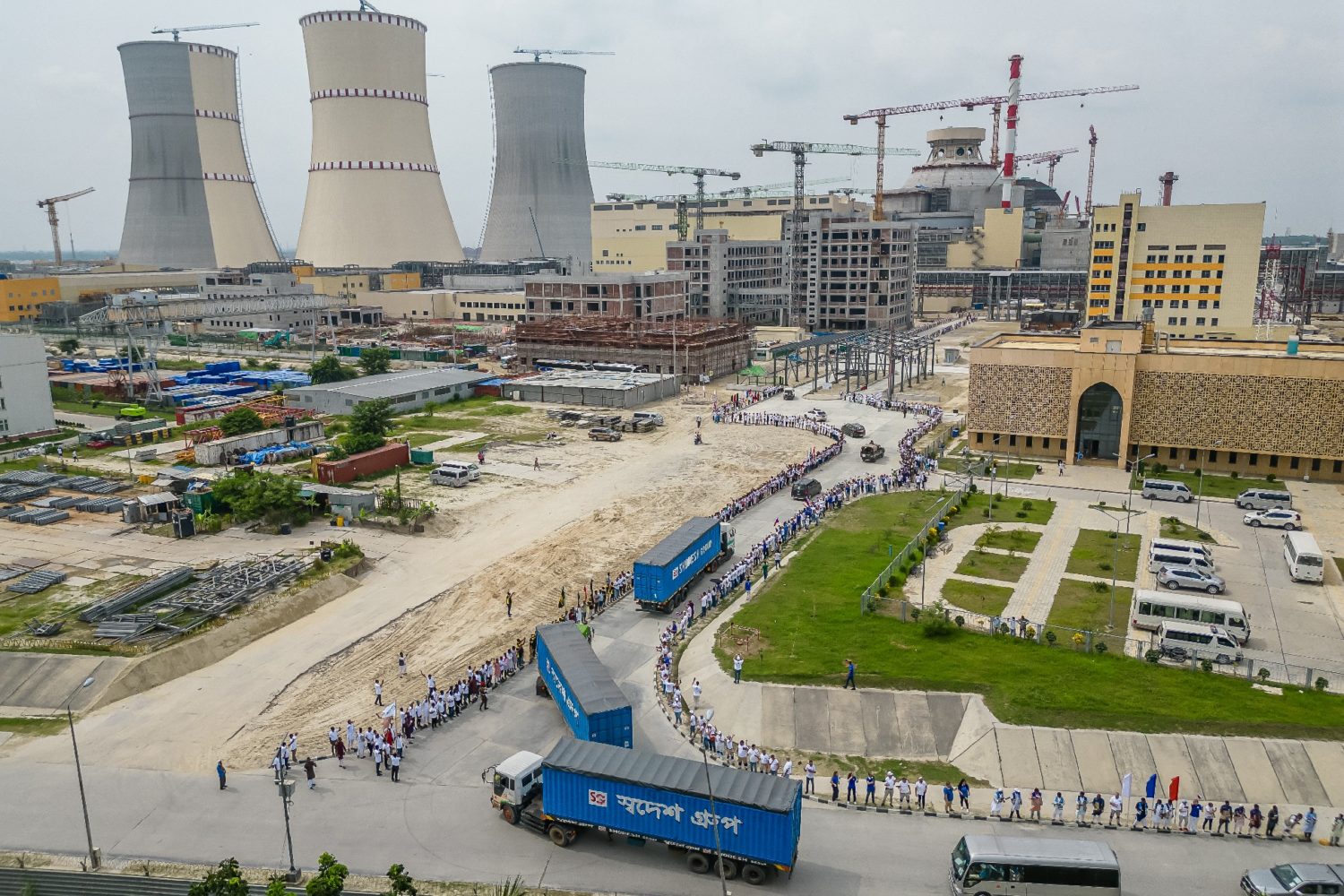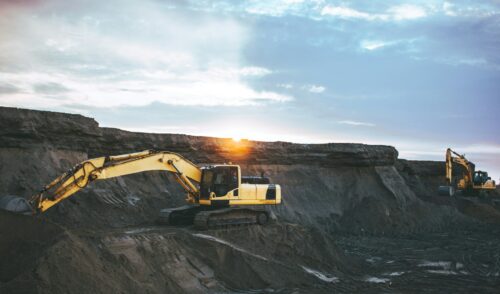
Nuclear Status Achieved
back to contentsThe first batch of fresh nuclear fuel from Russia arrived at the Rooppur NPP construction site on October 5. Having passed this key milestone in building the country’s first nuclear power plant, Bangladesh joined the ranks of emerging nuclear nations.
Russian President Vladimir Putin and Bangladesh Prime Minister Sheikh Hasina took part in the ceremony to mark this event. The leaders of the two countries gave symbolic permission to deliver fuel to the nuclear plant construction site.
“This flagship project meets interests of the two countries, fosters further expansion of our cooperation and, of course, makes a real and significant contribution to the development of the national economy by strengthening energy security of the republic,” Vladimir Putin said via video link.
Rosatom Director General Alexey Likhachev handed over to Bangladesh Science and Technology Minister Yafesh Osman a certificate confirming that nuclear fuel had been delivered in compliance with all applicable safety standards and requirements.
“Today marks a new stage in the development of Russia-Bangladesh relations. With the first arrival of nuclear fuel, the Rooppur NPP becomes a nuclear facility and the People’s Republic of Bangladesh gets the status of a country that possesses civil nuclear technology. It is a great honor for Rosatom to work on the project that will ensure reliable power supply and help preserve the unique nature of Bangladesh for future generations,” Alexey Likhachev said.
Yafesh Osman noted that the entire country had been eagerly waiting for this momentous event. “We received a fuel supply certificate on October 5, which in itself speaks of our achievements as a nation,” the minister stressed.
IAEA Director General Rafael Grossi, who also took part in the ceremony via weblink, noted the Rooppur project was a remarkable example of how non-nuclear countries could deploy nuclear technology.
The IAEA chief pointed out that the future nuclear plant was designed to help Bangladesh become an economically developed country by 2041.
The fuel for the Rooppur NPP was manufactured in Russia at the Novosibirsk Chemical Concentrates Plant (part of Rosatom’s fuel division). It was fabricated and transported under the active guidance and supervision from the Bangladesh Atomic Energy Regulatory Authority (BAERA). The fuel was delivered by special flight from Novosibirsk to the Hazrat Shahjalal International Airport in Dhaka and then by road to the Rooppur site.
The first power unit of the plant is expected to go online in 2024, followed by the second one in 2025.
Bangladesh is putting much effort into training personnel for the future plant. In late September, Ali Mohammad Hasmat, who will be Chief Engineer of the Rooppur NPP, completed a three-week internship program at the Novovoronezh NPP in Russia, where he was honing his skills in operating innovative Units 6 and 7 with VVER‑1200 reactors. The power units of the same design are being built at Rooppur. “The instructors focused on mastering the reactor criticality and shutdown procedures, protection and safety systems, and the operating philosophy in general. These are valuable skills that will be useful to me in the near future,” Ali Mohammad Hasmat said.
Upon completion of the training, Ali Mohammad Hasmat passed an exam at the Rosatom Technical Academy. Now he will have to obtain a license from the Bangladesh watchdog BAERA, after which he will officially assume the position of Chief Engineer at the Rooppur NPP.
Simultaneously, 40 Bangladesh workers were doing internships in other divisions of the Novovoronezh NPP. A total of 1,895 workers from Bangladesh will be trained at the Novovoronezh International Staff Training Center in 2019–2024.




